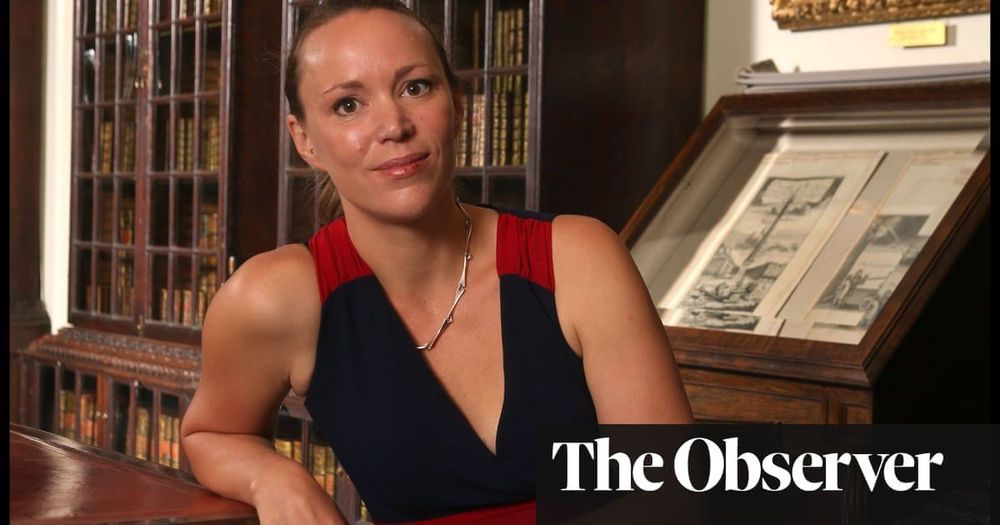The concept of fate is often used in the context of love and choosing a partner. In your book, you talk about a study that give a scientific explanation for the idea that “opposites attract”. A panel of men was asked to wear a T-shirt for several nights and days and they weren’t allowed to wear deodorant or eat anything too smelly. The T-shirts were presented to an array of women who were asked to sniff then and rate them in terms of attractiveness based purely on smell. It turns out that the females rated the males as more attractive if their MHC [major histocompatibility complex] systems were different from their own, because then their offspring would have a stronger immune system, a better range of armoury against potential infections. So women were kind of sniffing out Mr Right.
What else does neuroscience tell us about a successful relationship? If you image the brains of the couples who have been together for a long, long time and ask them to think about their partner, their brain will react in the same way as a drug addict’s. You can almost say this couple are addicted to each other.
You say “affection is a neurochemical event” – that’s not very romantic. Valentine’s Day with me is a lot of fun!
